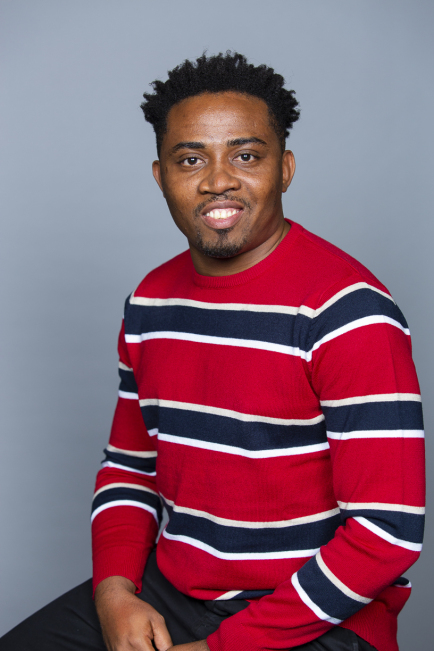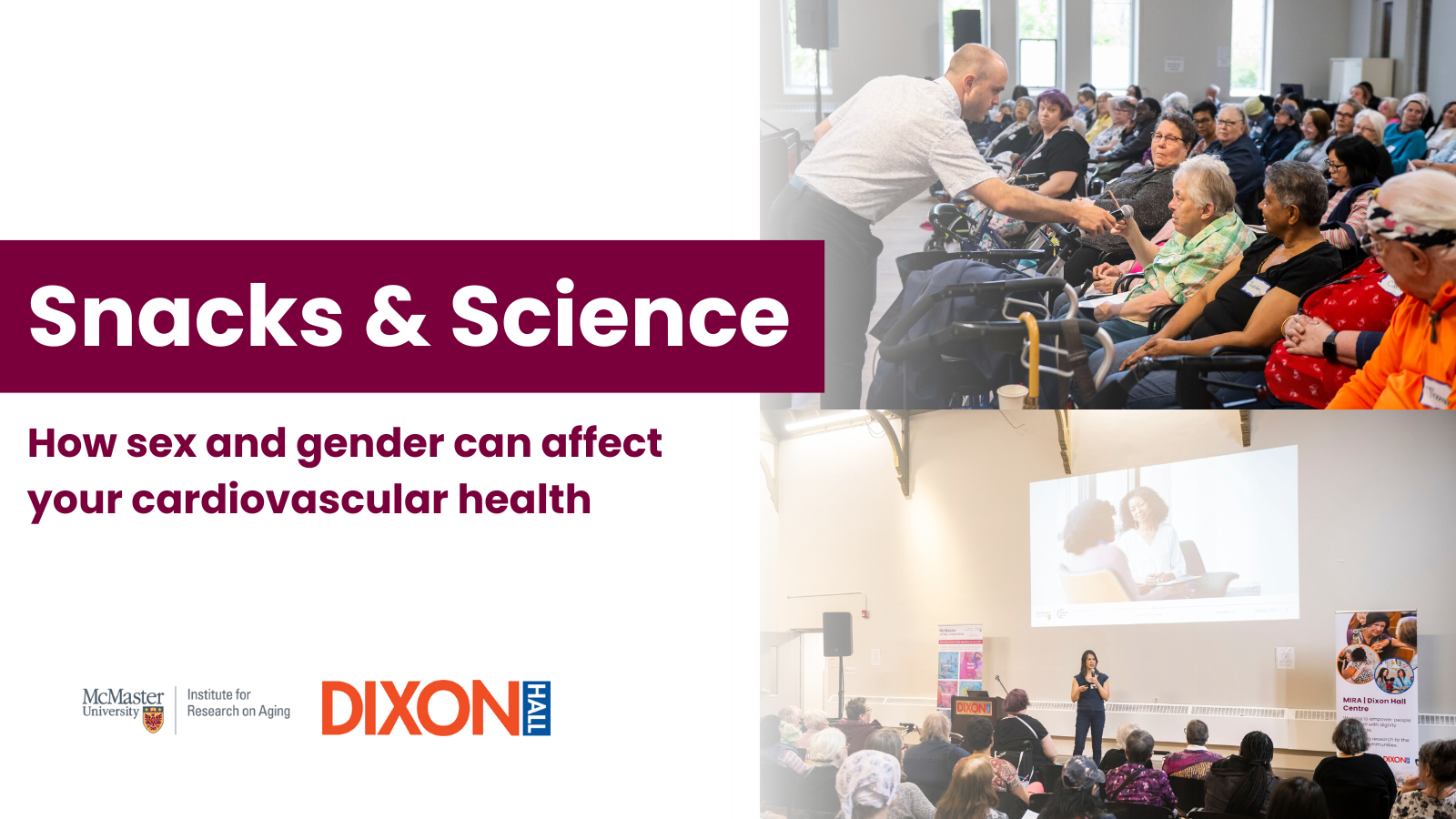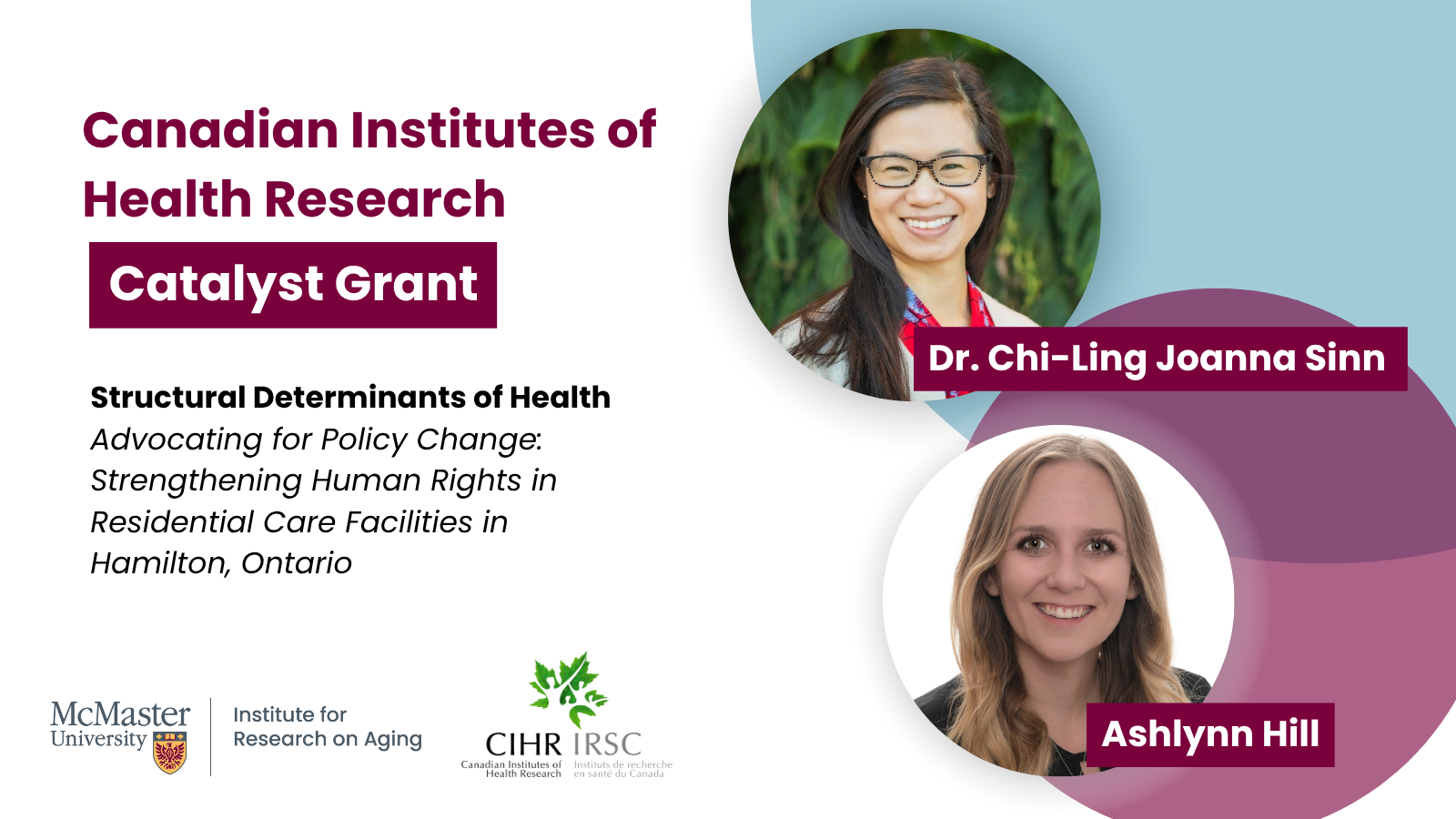
Published: ​March 14, 2019 | By Emily Dunford
Michael Kalu is a PhD student in the Quality Optimal Living and Aging through Rehabilitation (https://srs-mcmaster.ca/qolarlab/) lab under the supervision of Dr. Vanina Dal Bello-Haas. During this interview, Michael spoke to us about his ongoing research and involvement with the MIRA Trainee Network.
Q: What brought you to be part of the MIRA trainee Network?
A: I was the first PhD recipient of the Labarge Graduate Mobility Scholarship. I was invited to be part of this network after receiving the award.
Q: Tell us about the research project you are currently working on.
A: I am currently working on the project entitled: Using a transdisciplinary approach to co-develop and test a mobility enhancement comprehensive care model for older adults transitioning from hospital-to-home in the community. This project has four phases. First, we will search the literature and describe questions clinicians can ask in connection with each factor. Second, we will present the questions clinicians can ask in connection to each factor to 15 healthcare workers, 10 older adults and their relatives, and 5 experts around the world. We will ask their views on the questions clinicians can ask in connection to each factor. Third, we will invite 10 healthcare workers, 3 older adults and their relatives, and 2 practice managers in Hamilton to a two-day meeting. We will ask them to combine all the items chosen in Phase 2 into a “Mobility Enhancement Comprehensive Care Model” on the first day, and on the second day, they will discuss how to use this model in their clinical practice. In the final phase, we will ask the same 10 healthcare workers who attended the two-day meeting to use and evaluate the model in their practice. We will interview these 10 healthcare workers and check the hospital case notes of 20 older adults to learn about the experiences in using the new model. Based on the experiences, we will make changes to improve the model
Q: How does this proposed project relate to the aging population?
A: According to the World Health Organization (2016), about 250 million older adults aged 65 years and above have at least one form of disability. Of this group, two-thirds have difficulty in moving independently, with the use of assistive device or using transportation. In addition, about 30% to 60% of this group experience mobility difficulties as they move from hospital-to-home. Also, mobility has recently been identified as a functional “sixth vital sign”, hence its importance in the aging population.
Q: What do you feel is the ultimate goal of your research?
A: The overarching objective of this research is to co-design and preliminarily test a Mobility Enhancement Comprehensive Care Model (ME-CCM) for older adults transitioning from hospital-to-home in the community.
Q How can the results of this comprehensive care model be applied to have a real-world impact?
A: This research is inherently pragmatic and is directly applied in the real-world. This is true because we will be co-producing the model with stakeholders including older adults, their relatives, and healthcare professionals. The co-production approach changes the role of researchers from “fixers” of the problem to facilitators who find solutions by working with the service-users ( e.g older adults, their relatives and healthcare professionals)
Contact Michael kalum@mcmaster.ca for more information on his exciting research!
This article was first published by the MIRA Trainee Network. Read the ​original article.​

